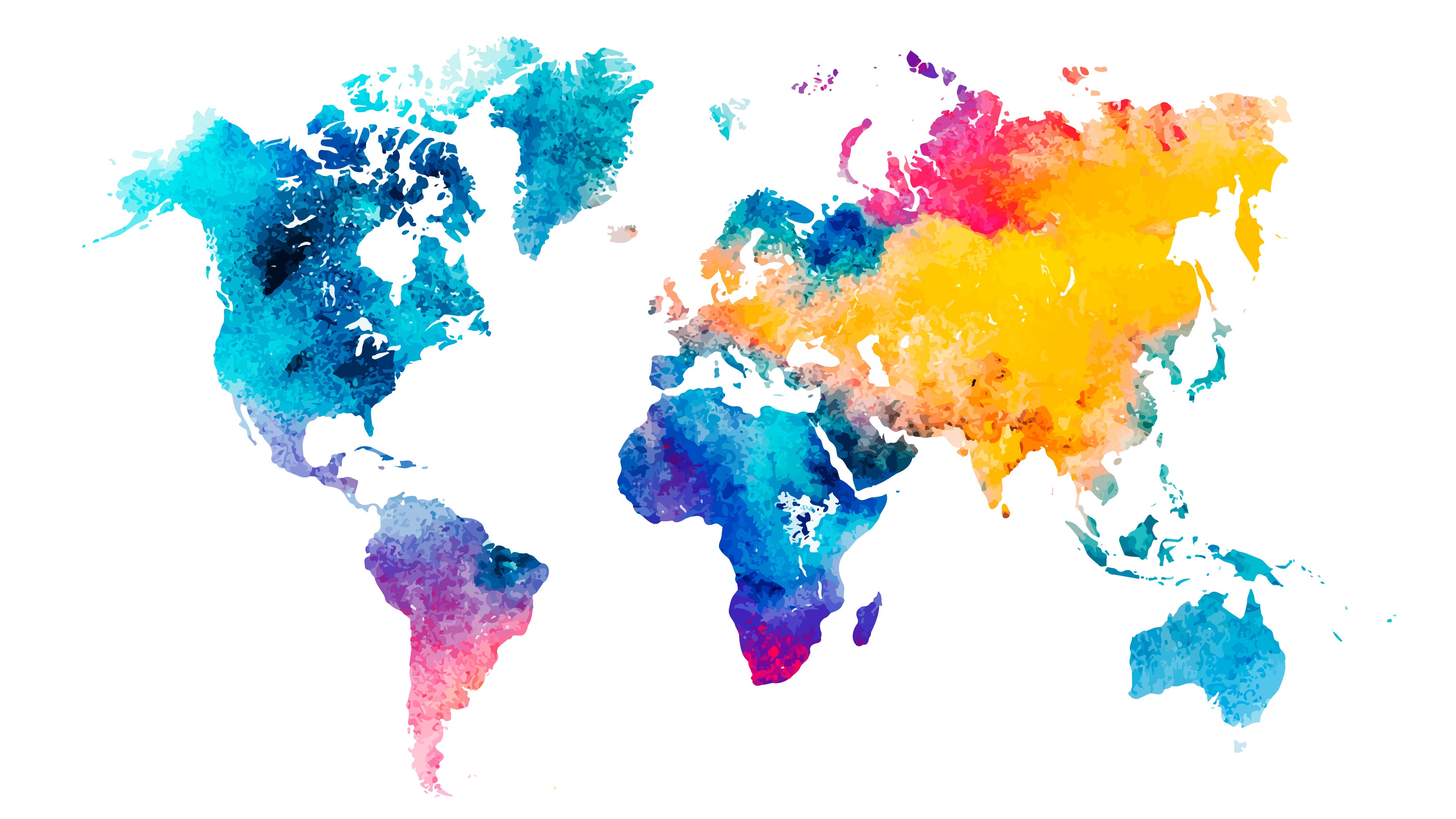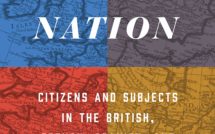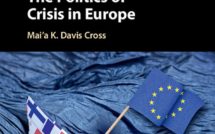
Migration and Exile: Journey in Imperial Space

This is part of our Campus Spotlight on Bard College Berlin.
The course “Migration and Exile: Journey in Imperial Space” focused on the literary forms and works that were developed by authors of the Caribbean diaspora (Jean Rhys and Sam Selvon): these texts are responses to their encounters with the spaces of the capital of the British Empire, and epistemological tools for mapping and understanding the economic, social and political significance of those spaces, as well as the personal experiences of estrangement, disorientation and surprise. Jean Rhys’s Voyage in the Dark (1934) and Quartet (1928) and Sam Selvon’s The Lonely Londoners (1956) were read in dialogue with a contemporary novel – Teju Cole’s Open City (2011) – and with André Aciman’s memoirs False Papers (2000). All these text share a formal structure, centered on the physical and mental journeys of the protagonists, as exiles or as migrants, within urban spaces which are physical and/or symbolic centers of empires or power (London, Paris, New York, Alexandria of Egypt).
Relying on theoretical works by Frantz Fanon, Edouard Glissant, Marshall Berman, Raymond Williams, and Michel de Certeau, the course combined a sociological and historical approach to literature and urban culture with post-colonial theory and theory of the novel, providing students with interdisciplinary critical instruments. The course offered a historical overview of Caribbean diaspora and its colonial history, as well as of the socio-economic conditions of the Caribbean region in relation to the metropolis.
As part of the course, students attended a guided tour of Berlin given by a Syrian fellow student, a member of the Berlin association Querstadteins, whose aim, among other things, is to introduce Berliners to familiar urban spaces as they have been experienced and lived in by citizens with experiences of migration or homelessness.
SYLLABUS
Course Description
How is it possible to narrate the experiences of estrangement, disorientation and surprise born out of the encounter with a foreign place which is also supposed to feel like “home?” How does life go when you look or sound different to the majority of people in that space? And what kind of voice, what kind of form, can make this experience visible?
We look at three journeys taken by narrators who are connected to the imperial space they wander in: voices created by Jean Rhys, of Welsh, Scottish and Creole descent, born on the Caribbean island of Dominica and later resident in London, Paris, and Vienna; Sam Selvon, an Indian West-Indian writer born in Trinidad who also later lived in London, and finally the Nigerian-American author Teju Cole, who has become one of the major contemporary laureates of the city of New York.
In considering the following works – Jean Rhys’s Voyage in the Dark (1934), Quartet (1928), Sam Selvon’s The Lonely Londoners (1956), Teju Cole’s Open City (2011) – we also look at how the narration of exile becomes an exposure of the dreams, projections, and delusions of the imperial “center” and its ordering of the world.
Course Schedule
Week 1 – Introduction
Discussion of the main topics of the course.
Readings for the week:
Stuart Hall, Familiar Stranger. A Life Between Two Islands (selection)
George Lamming, The Pleasures of Exile (selection)
Weeks 2-3 – Jean Rhys’s Voyage in the Dark
Readings for the weeks:
Jean Rhys, Voyage in the Dark
Jean Rhys, Letters , 1931-1966 (selection)
Week 4 – Caribbean Literature and Diaspora
Readings for the session:
Edouard Glissant, Caribbean Discourses (selection)
BERLIN EXCURSION with the refugee and homeless association ‘Querstadteins’: DATE TO BE CONFIRMED
Weeks 5-6 – Bohemian Migrants
Readings for the weeks:
Jean Rhys, Quartet
(Please note: no class on Tuesday 3 October)
Week 7 – Migration, the Metropolis and the Empire I
Reading for the session:
Raymond Williams, “Metropolitan Perceptions and the Emergence of Modernism” in The Politics of Modernism
Marshall Berman, All that is Solid Melts into Air (selection)
Michel de Certeau, The Practice of Everyday Life (selection)
Henri Lefebvre, The Production of Space (selection)
Week 8 – Violence and Language
Frantz Fanon, The Wretched of the Earth (selection)
WRITTEN EXAM
Week 9 – FALL BREAK
Weeks 10 – 11 Migration, Metropolis and Empire II
Reading for the weeks:
Sam Selvon, The Lonely Londoners
Week 12 – The Strangeness of Strangers
Reading for the session:
Zygmunt Bauman, Strangers at Our Doors (selection)
Reading for the session:
Susan Rubin Suleiman, Exile and Creativity (selection)
Weeks 13 – 14 – Open City
Reading for the weeks:
Teju Cole, Open City
Week 15 – Exile and Memory
Readings for the session:
André Anciman, False Papers. Essays on Exile and Memory (selection)
This class was developed with support from and as part of the Mellon-funded the Consortium on Forced Migration, Displacement, and Education.
Laura Scuriatti is Associate Professor of English and Comparative Literature at Bard College Berlin (formerly European College of Liberal Arts), where she has been teaching since 2003. She obtained her degree from the State University of Milan (Italy), and her PhD in English Literature from the University of Reading (UK). She is part of the research network “Writing 1900”, led by the University of Oxford and the Humboldt University in Berlin. Her research focuses on the relationship between literature and the visual arts in modernism and the avant-garde, and on transnational modernism. She is the author of Mina Loy’s Critical Modernism (University Press of Florida, forthcoming 2019) and the editor of Groups, Coteries, Circles and Guilds. Modernist Aesthetics and the Utopian Lure of Community (Oxford: Peter Lang, forthcoming 2019). She has co-edited, with Caroline Patey, the volume The Exhibit in the Text. The Museological Practices of Literature (2009) and, with Sara Fortuna, Dekalog. On Dogville (2012). Her current research focuses on modernist autobiographies.
Bard College Berlin is part of the Mellon-Funded Consortium on Forced Migration, Displacement, and Education.
Published on April 5, 2019.
Photo: Watercolor world map | Shutterstock




